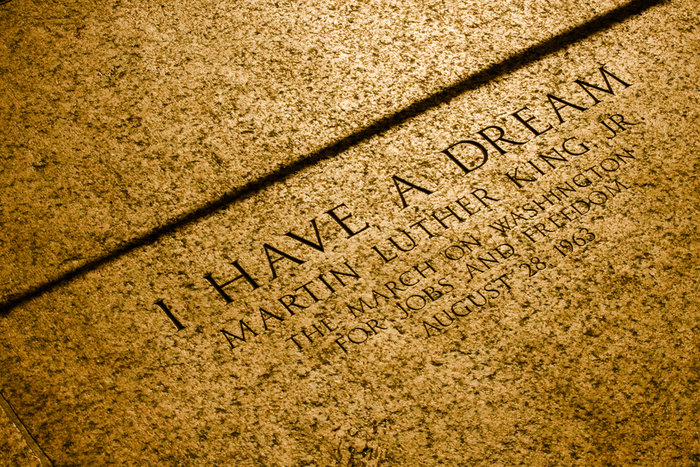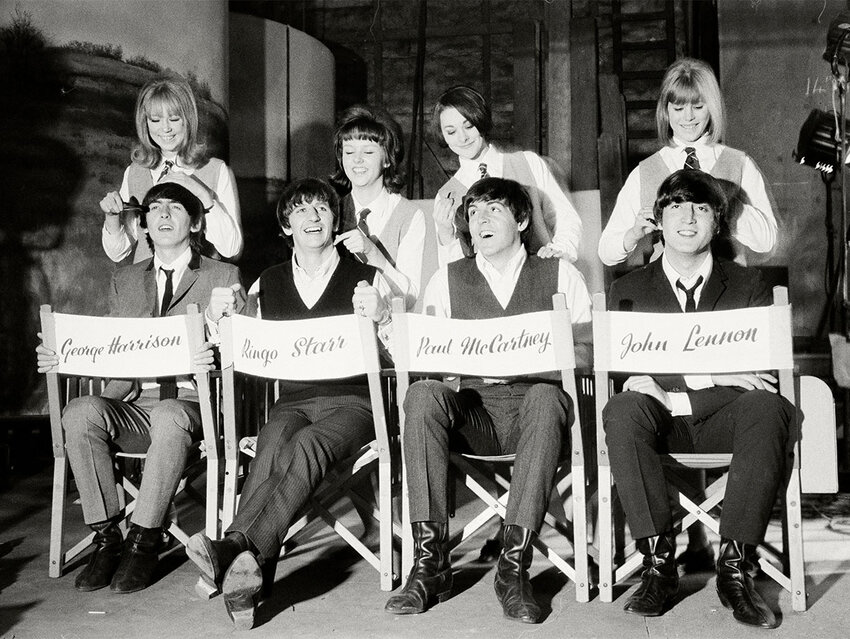
Anaphora
[ə-NAF-ər-ə]
Part of speech: noun
Origin: Greek, late 16th century
1.
The repetition of a word or phrase at the beginning of successive clauses.
2.
The use of a word referring back to a word used earlier in a text or conversation, to avoid repetition.
Examples of Anaphora in a sentence
"I received high marks on my English paper thanks to the succesful use of anaphora."
"The poem employed anaphora with the use of the word snow at the beginning of every line."
About Anaphora
Martin Luther King, Jr.'s "I Have a Dream" speech, delivered at the March on Washington in 1963 is one of the most famous occurences of anaphora. In it, he repeats the phrase "I have a dream" eight times to emphasize his point of ending discrimination. "I have a dream that my four little children will one day live in a nation where they will not be judged by the color of their skin but by the content of their character. I have a dream today."
Did you Know?
As a rhetorical device, anaphora is the repetition of a word of phrase. But the same word is used in grammar circles to describe AVOIDING repetition. You can use a pronoun, such as he, she, it, or they, to avoid using a previously mentioned name or noun again.








